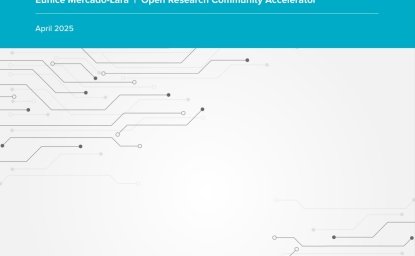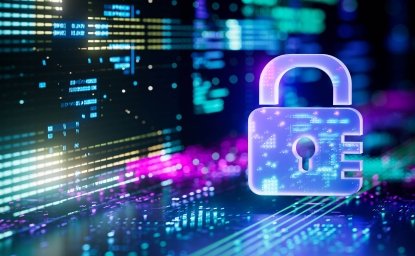Potential Liability for Crowdsourced Disaster Response Groups
Volunteer and technical communities organize to create and build tools that collect, search and organize data coming from crisis areas. These crowdsourcing groups have effectively responded to a variety of disasters, including the Haitian and Chilean earthquakes, the Japanese tsunami and the gulf oil spill.




